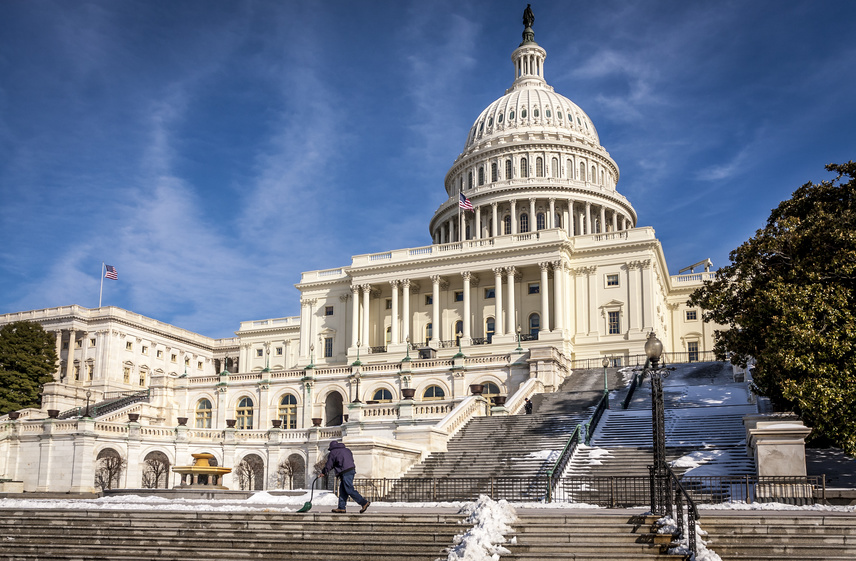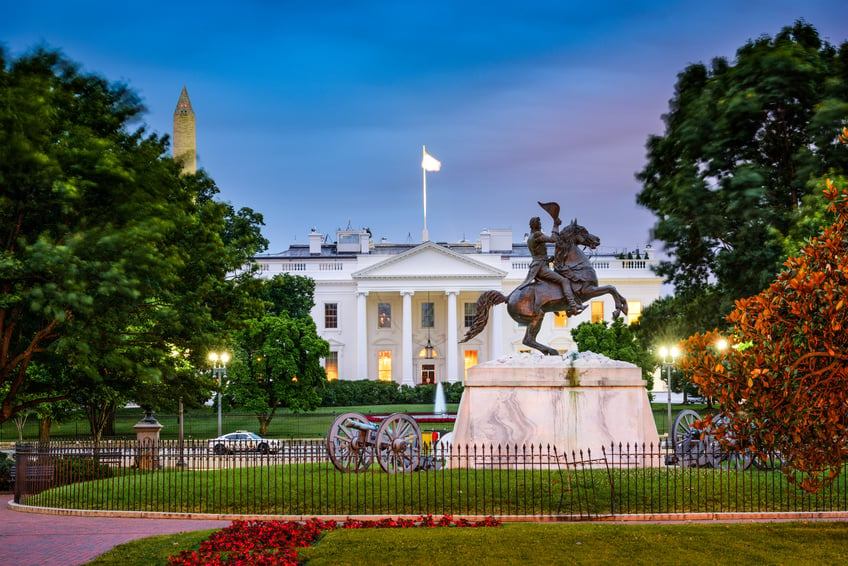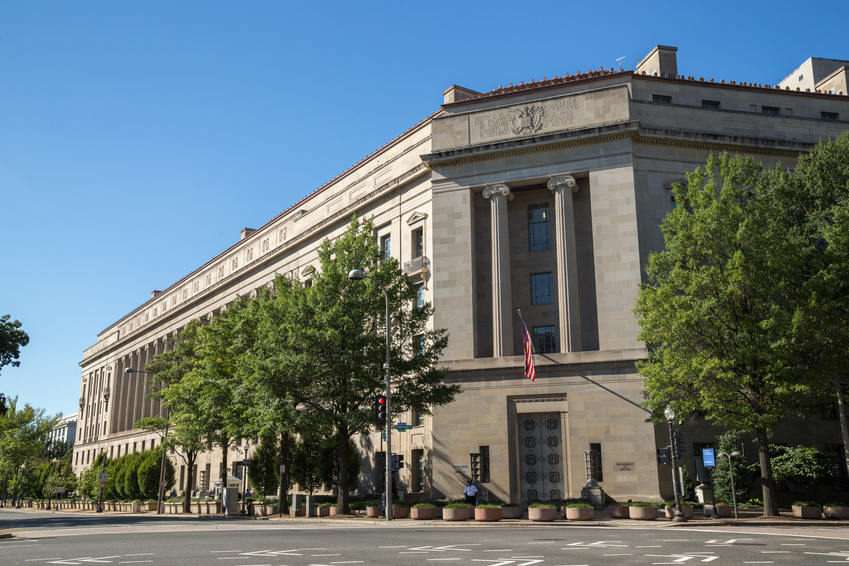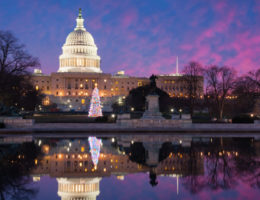The Annual Compliance Conference begins next week and attracts over 6,000 in-house senior legal and compliance professionals from across the world. This leading compliance conference will be held across five weeks from 6 September – 6 October 2022. We will be virtually delivering our cutting-edge insights and guidance on key global compliance, investigations and ethics issues. Our global experts will provide practical insights and analysis on significant developments:
• anti-bribery
• corruption and economic crime
• customs and FTAs
• ESG, supply chain and product compliance
• antitrust and competition
• export controls, sanctions and foreign investment
Click here to view the full agenda and register your interest in joining us virtually at this must attend global compliance conference for senior in-house legal and compliance professionals.








